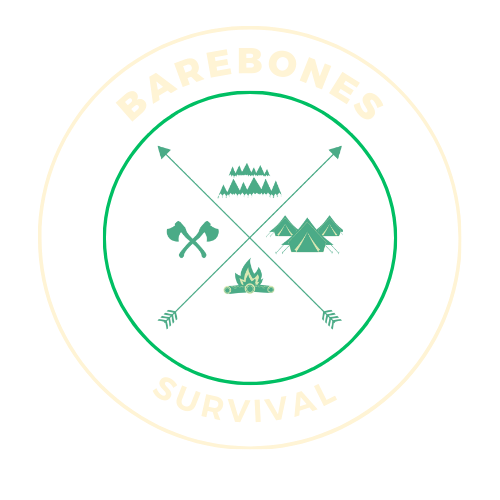© 2023 Barebones Survival. All rights reserved.

Camping—the very word conjures images of rugged landscapes, crackling campfires, and the infinite night sky. It’s a timeless activity that reconnects us to our primal roots, and yet, it remains a beloved pastime for modern adventurers of all ages. Whether you’re a seasoned outdoorsman or a newcomer to the wilderness, the art of camping is as much an adventure of the mind as it is a physical exploration of nature. This comprehensive guide will walk you through every aspect of the camping experience, from essential gear to safety tips, ensuring that your next foray into the wild is not only an escape from the ordinary but also a triumph of preparation and enjoyment.
Before you plunge into planning your camping trip, it’s crucial to understand your preferences and limitations. Are you a fan of the bare-bones, minimalist approach, or do you require a few creature comforts to enjoy your time in the outdoors? Here’s a checklist to help you pin down your camping style:
The location can make or break your camping adventure, so choose wisely. Consider the following when selecting a campsite:
Your camping experience is only as good as the gear you pack. Here’s a detailed breakdown of what you need:
Now that you know the gear you’ll need, it’s time to pack. Efficiency is key when packing for a camping trip:
Setting up your campsite is more than pitching a tent. Consider these tips for a safe and enjoyable experience:
Respecting your fellow campers and the natural world is crucial. Here’s how to do it:
Now that you’ve arrived at your campsite, it’s time to take in the beauty and serenity around you. Remember to:
The final chapter of your camping adventure is just as important as the rest. Make sure to:
Camping is a skill that requires a mix of knowledge, preparation, and adaptability. With the right approach, it can become one of the most fulfilling and memorable activities in your life. Whether you’re pitching a tent in a nearby state park or hiking to a remote backcountry location, the principles in this guide will help you to make the most of your time in the wild. Remember that every camping trip is a chance to learn and grow, and each new experience brings you closer to becoming a master of the great outdoors. Now, go forth and conquer – the wilderness awaits!